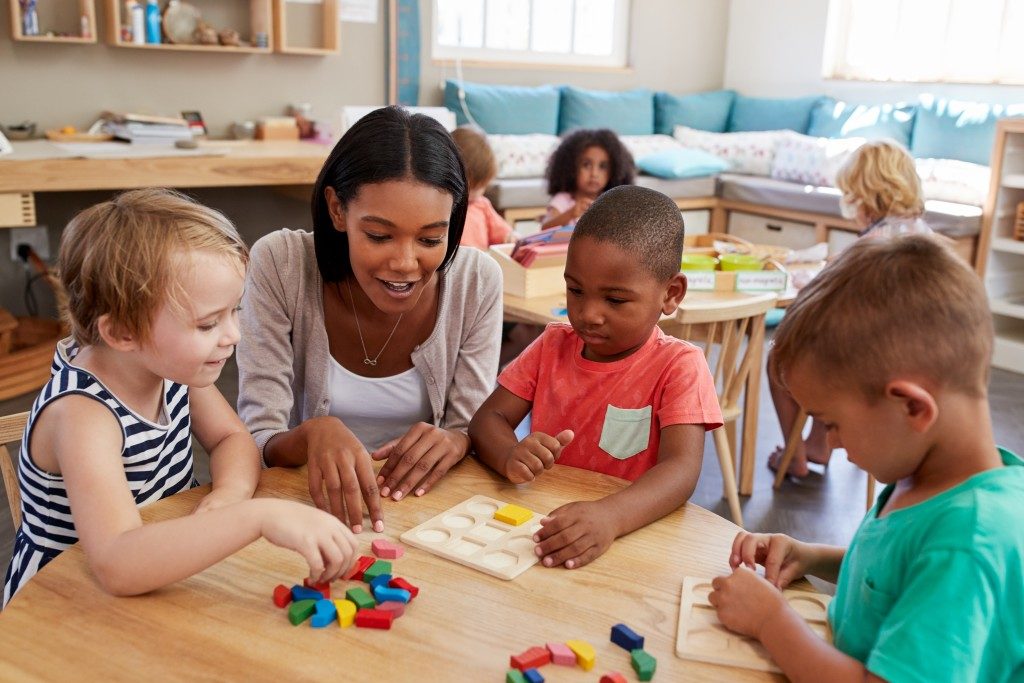Words have the power to build up students. One single compliment can inspire a fourth-grader to pour her heart out in a poem homework or to be a fierce, brave lawyer, even. Practice reminding your students with these truths, and you might just lead them closer to success, not just in school but also in life in general.
‘Failures are our best teachers’.
Your students will fail many times throughout their academic journey. They probably have made a few mistakes here and there that brought disappointments. What’s more important here isn’t shielding them from failures, but giving them the right perspective about it.
Tell them that it’s never a definition of who they are, sometimes a yardstick of what they can do, but always a good reminder of why they shouldn’t give up. We learn from our failures. It builds grit. It inspires courage. It makes us stronger.
So, there’s nothing to lose, and everything to gain in failures. Emphasise this truth in your class every day when the opportunity presents itself.
‘Good enough isn’t good enough’.

Some kids tend to settle for the average. Sometimes, it’s because it’s a hassle to exert extra effort. It may mean spending longer hours of work rather than play. Other times, it’s due to lack of self-confidence. They feel like they can’t make a better book report because they are not smart enough.
As the teacher, you have to break these kinds of mentality. If the need for extra effort is the issue, highlight the fact that sacrifices will have rewards in the end. They probably gave up an hour or two of fun basketball play, but they received an A on the book report or gained a deeper appreciation of the romance genre of fiction.
On the other hand, if poor self-image is the issue, then what you need is to do is allow them to focus on unique talents and skills and past achievements. With these in mind, they can be more confident in accomplishing the task set before them with excellence.
‘It’s nice to be important, but it’s important to be nice’.
Moving from performance to attitude, you should instil the value of kindness to your students, young as they are. Being above average, excellent, and important is good, but if they do it at the expense of others, then their success won’t be as sweet as it’s supposed to be.
Integrate social-emotional learning opportunities in your class to reinforce this truth. Activities that would let them experience different emotions, show empathy for others, and maintain positive relationships with peers.
Have them work in groups, for instance. Make your classroom layout and setting flexible, so kids can interact with one another more easily. Consider using floor chairs with back support for portable, comfortable seating.
These statements aren’t new. But they deserve to be spoken in classrooms more frequently. You never know, one remark may just be the needed rebuke of an unkind student or an encouragement of a hesitant child.
